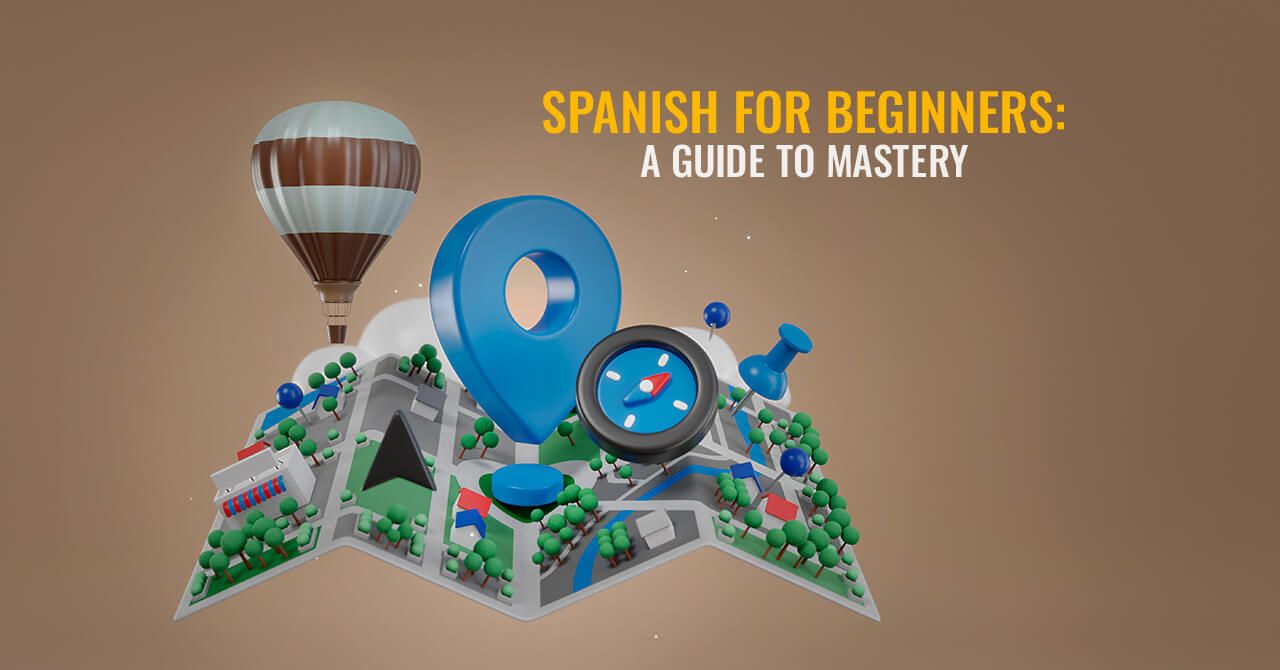
5 Spanish Phrases to Help You Get Started
Don’t be afraid to talk, even if you make mistakes! Spanish speakers will be happy to repeat what was said and help you if you need help understanding something.
We have selected the five most useful Spanish expressions you may need when speaking with native speakers. In addition, all phrases come with a context and explanation of their meaning so that you can memorize them faster. Let’s get started!
¿Puede(s) repetir, por favor?
Spanish is speedy, so some phrases and words are difficult to understand on the first try. If this happens to you, too, you can ask your conversation partner to repeat what was said.
–Qué hora es? (What time is it?)
–Son las 12 en punto. (It’s exactly 12 o’clock.)
–¿Puede repetir, por favor? (Could you repeat, please?)
–Son las 12 en punto. (It’s exactly 12 o’clock.)
“Puede” is a formal address usually used with strangers, while “puedes” is informal and can be used with friends.
2. ¿Qué dice(s)?
Another option for asking the person you are talking to repeat what they said is to ask them, “What did you say?”.
– Y entonces yo ....., ¿estás de acuerdo? (And then I ....., do you agree?)
– ¿Qué dices? (What did you say?)
– Y luego sugiero que vayamos a un café, ¿estás de acuerdo? (And then I suggest we go to a cafe, do you agree?)
3. Puede(s) decirlo mas despacio, por favor?
If you do not hear all the words or are unsure that you heard them correctly, you can ask to repeat the exact words more slowly. It is crucial to avoid mistakes because many words in Spanish sound similar but mean entirely different things (for example, “casado” is “married,” while “cansado” is “tired.”)
–No puedo ir al restaurante, yo soy casado. (I can’t go to the restaurant, I’m married.)
–Puedes decirlo mas despacio, por favor? (Could you say it slower, please?)
–Que no puedo ir al restaurante, estoy cansado. (I can’t go to the restaurant, I’m tired.)
4. Para mí es chino
Many useful Spanish phrases can show your interlocutor that you do not know something. However, using this idiom instead of “No sé,” you will sound more like a native speaker.
– Sabes como usar el Subjuntivo? (Do you know how to use Subjuntivo?)
–No, para mí es chino. (No, it’s all Greek to me.)
5. ¿Puedes hablar un poco más alto?
If you are disturbed by ambient noise that prevents you from hearing your interlocutor’s words, ask him to speak louder.
–Como te dije…. (As I told you...)
–¿Puedes hablar un poco más alto? (Could you speak a bit louder?)
–Por supuesto. Como te dije, nuestra próxima parada es el museo. (Certainly. As I told you, our next stop is the museum.)
If you are worried that you might forget long Spanish phrases under stress, remember just one word, “¡Disculpas!” which means “Apologies!” You can use it both in formal and informal settings.
And don’t be afraid to talk, even if you make mistakes! Spanish speakers will be happy to repeat what was said and help you if you need help understanding something.
Hi! I'm a copywriter with 7 years of experience. I know how to learn languages effectively as I know 5 of them. And I will share my experience here.

